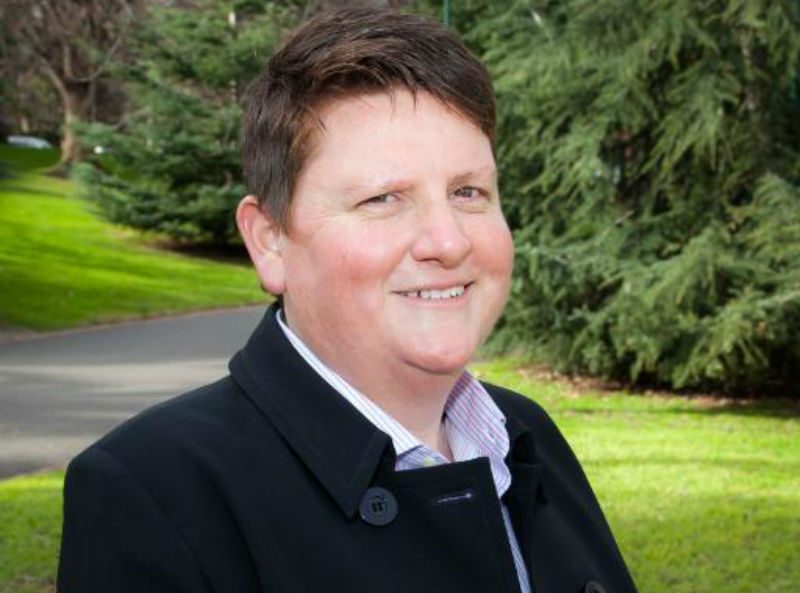The health of Lesbian, Bisexual and Queer women is often overlooked, says Victoria’s Gender and Sexuality Commissioner.
Victoria’s Gender and Sexuality Commissioner Rowena Allen has called for a greater focus on the health of lesbian, bisexual and queer (LBQ) women.
Commissioner Allen, along with health researchers and LGBTQI advocates, has drawn attention to the gaps in research and service, and the poorer health outcomes for LBQ women ahead of the Lesbian, Bisexual and Queer Women’s Health Conference in Melbourne this Friday.
“We need a response that includes targeted programs considering the unique needs of LBQ women, and we need research to support that response,” said Commissioner Allen. “Funding better health outcomes for LBQ women must become a priority.”
The Lesbian, Bisexual and Queer Women’s Health conference explores the best practice and available research in working with LBQ women around mental health, sexual health, alcohol and other drug use, and broader women’s health issues.
Allen believes that the conference, now in its second year, will provide a chance to address a number of women’s health issues.
“The overwhelming response to last year’s inaugural LBQ Women’s Health Conference is a testament to how much the community wants and needs this important dialogue,” she said. “Expanding the scope of the conference to a national level in this second year is a promising sign we’re moving in the right direction.”
The conference will feature a number of workshops and presentations from industry experts, health and human service providers, and community members.
ACON’s Director of HIV and Sexual Health Karen Price has welcomed the commissioner’s call for action, saying LBQ women have higher rates of smoking, higher rates of substance use, poorer mental health, and lower screening participation rates than other women.
“We also know that this subpopulation is not effectively reached by mainstream health messaging or campaigns,” said Price. “For those of us working to maximise the health and wellbeing of LBQ women, we know there’s a big job ahead of us to ensure our communities’ health issues are better understood by decision makers.”
Earlier this month, a new tobacco reduction campaign targeting LBQ women was launched in Sydney. The ‘#SmokeFreeStillFierce’ campaign, developed by the Cancer Institute of NSW and ACON, attempts to tackle what health advocates refer to as “alarmingly high” smoking rates among LBQ women.
